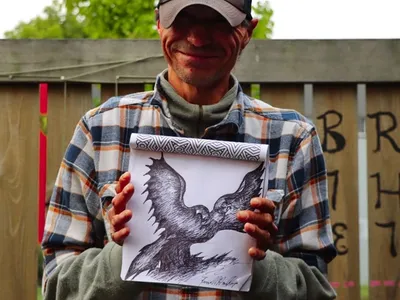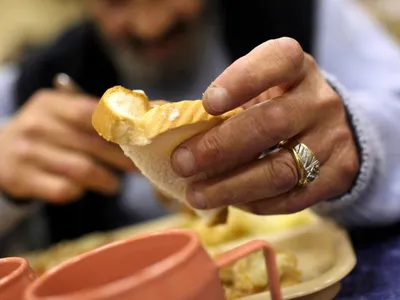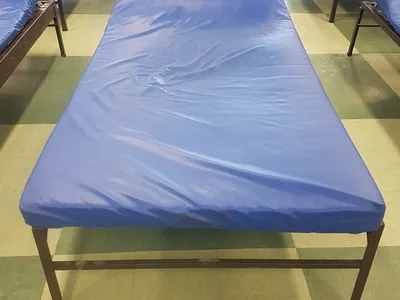
50/50 Raffle
Every dollar stays in our community to support Shelter House programs & services.

50/50 Raffle
Every dollar stays in our community to support Shelter House programs & services.
Managed Alcohol Program

A groundbreaking initiative that offers controlled access to alcohol in a supportive, residential setting—backed by healthcare, case management, and culturally relevant programming.
Kwae Kii Win (KKW), meaning 'turning point' in Anishinaabemowin, is a groundbreaking initiative offering a supportive, residential environment for those managing chronic alcohol dependency.
The program provides structured access to alcohol in a safe and controlled manner, alongside personalized support such as healthcare services, case management, and culturally informed programming.
With expert medical staffing from NorWest Community Health Centre, Kwae Kii Win not only stabilizes lives today but is also set to expand in 2025 with the addition of palliative spaces for end-of-life care.
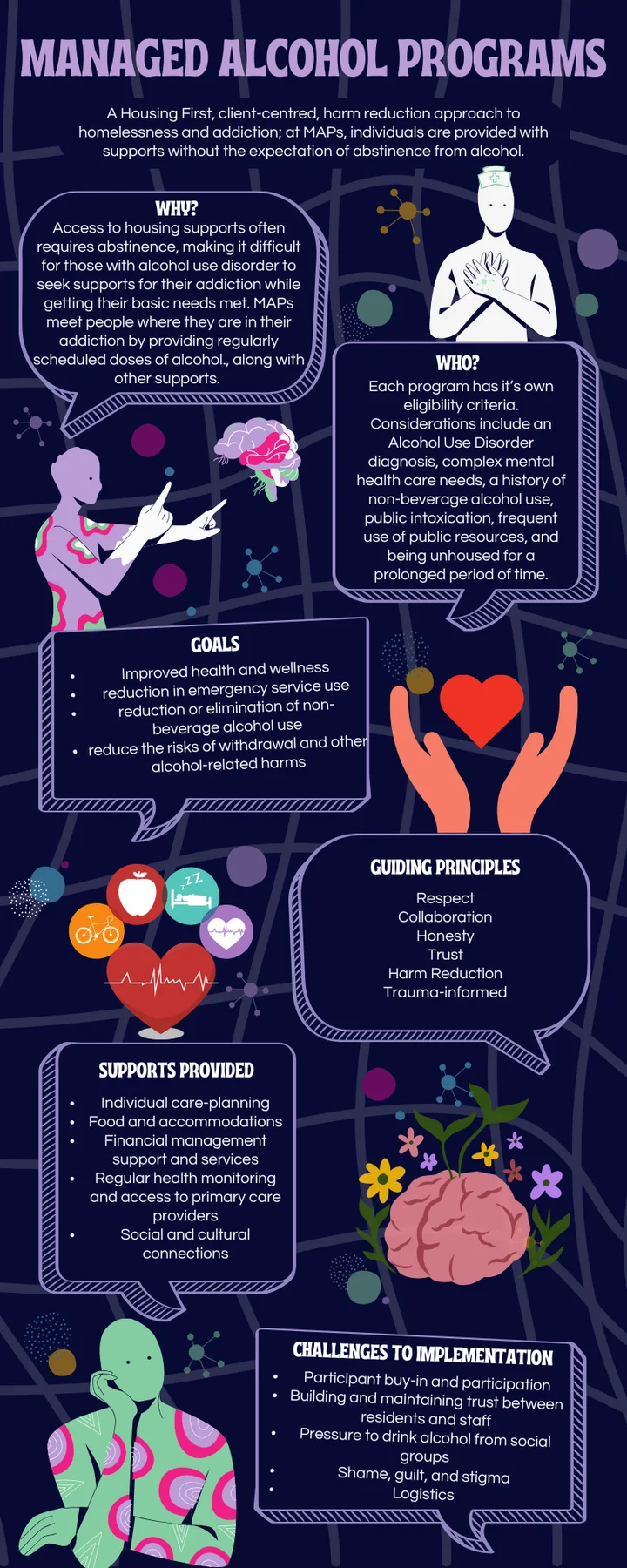
A Housing First, client-centered, harm reduction approach to homelessness and addiction.
At MAPs, individuals are provided with supports without the expectation of abstinence from alcohol.
Access to housing supports often requires abstinence, making it difficult for people with alcohol use disorder to get help for their addiction while meeting their basic needs.
MAPs meet people where they are in their addiction by providing regularly scheduled doses of alcohol, along with other supports.
Each program has its own eligibility criteria. Considerations may include:
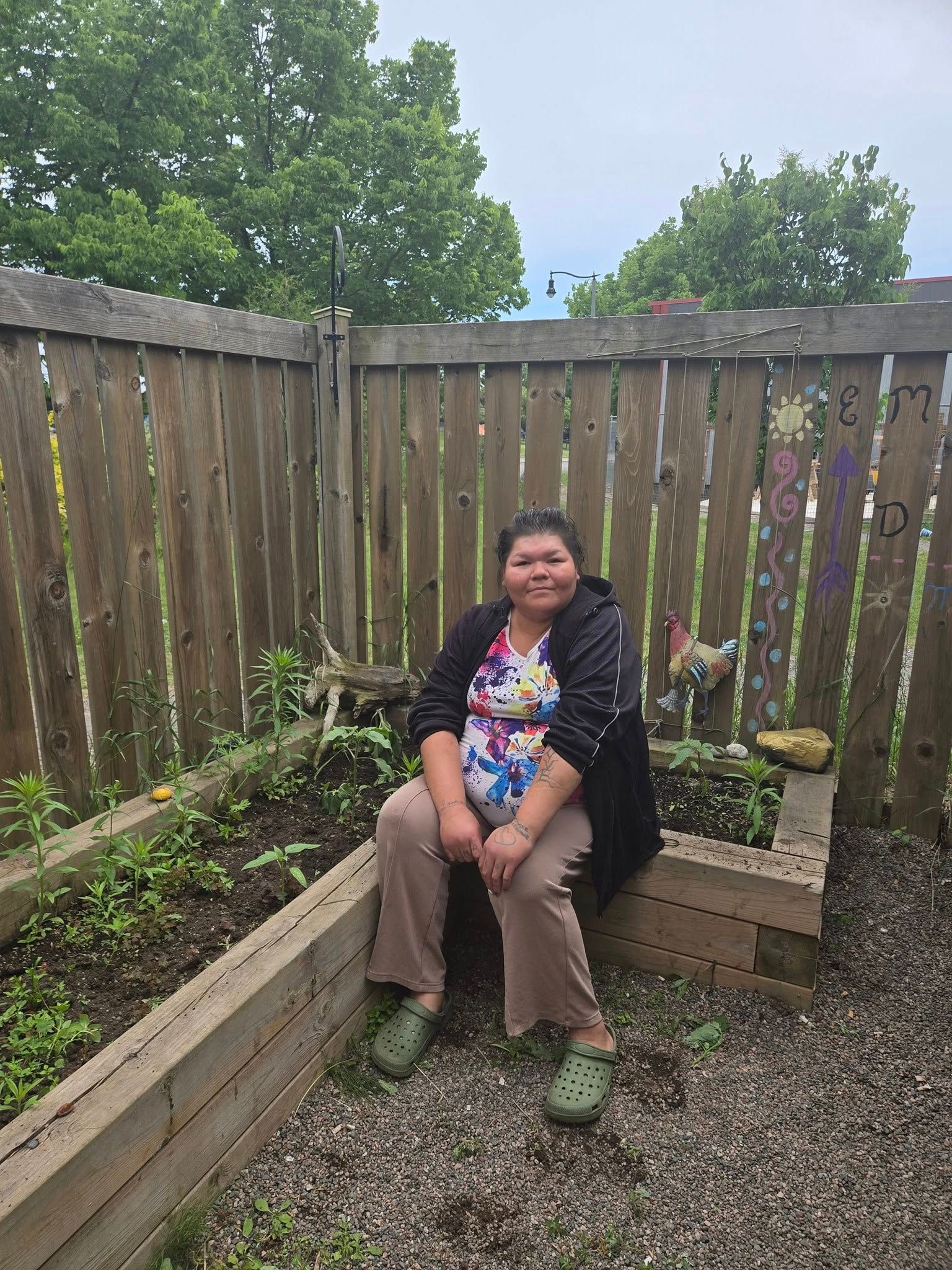
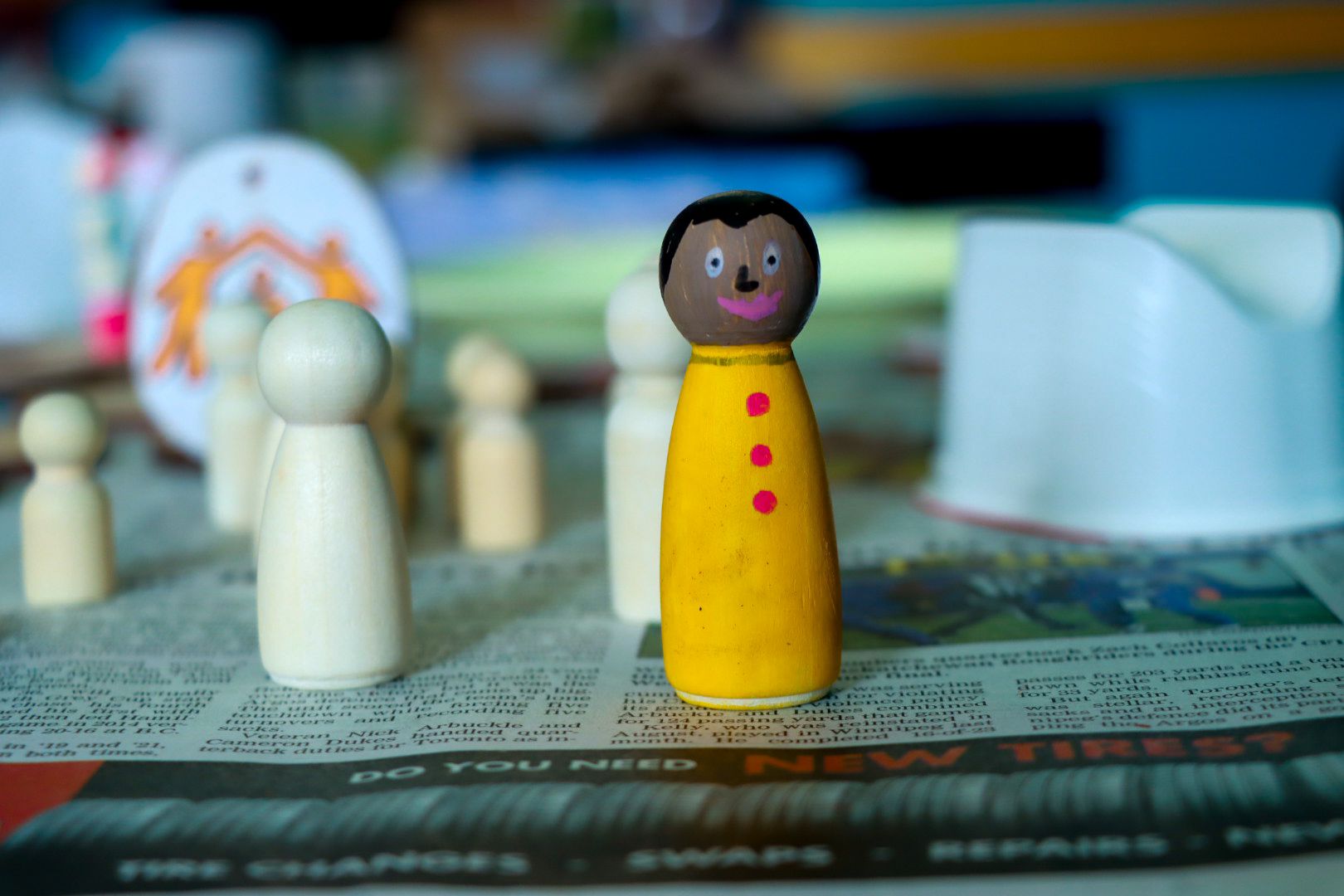
Explore
Discover more ways we're making a difference in our community.
